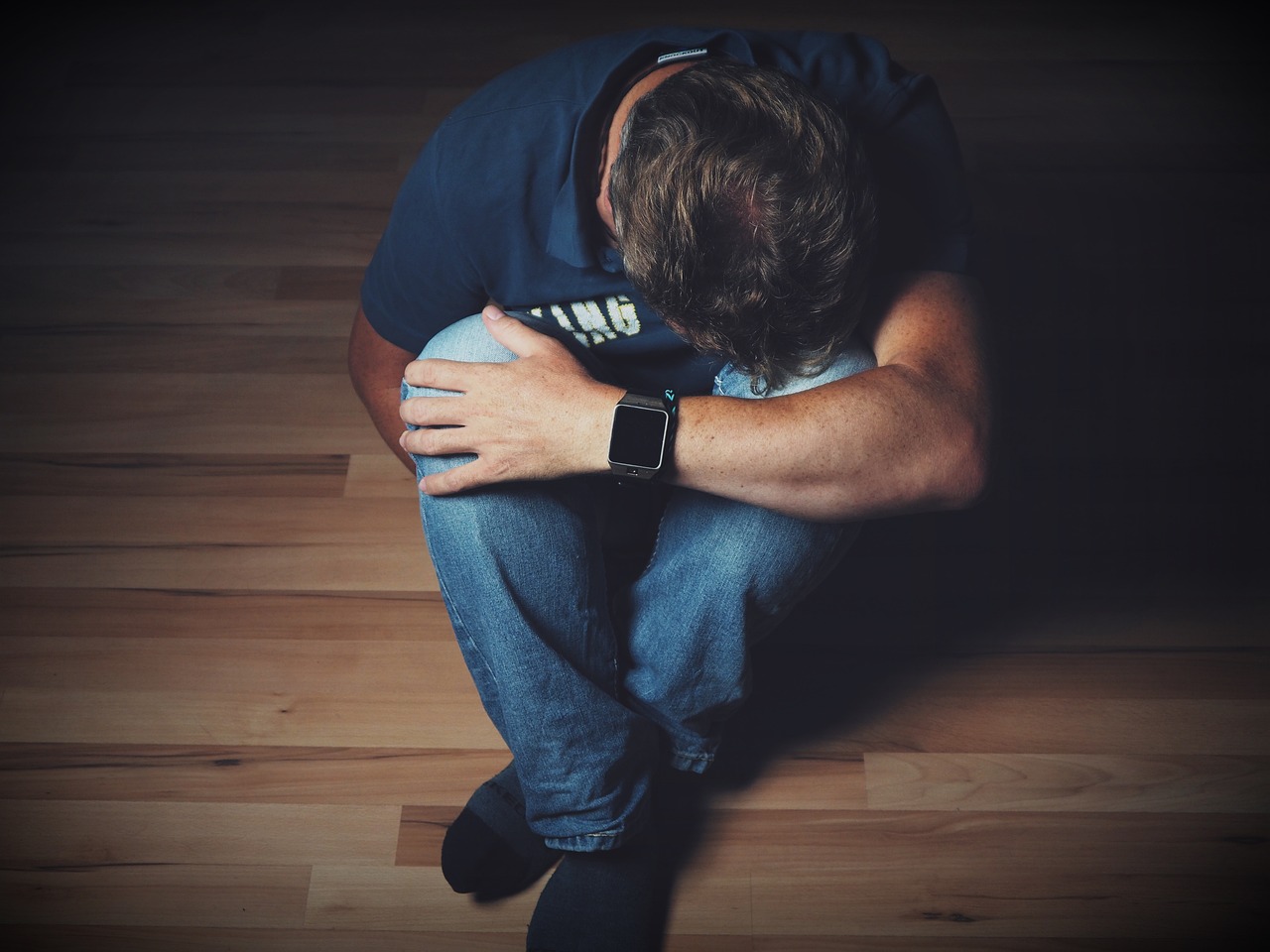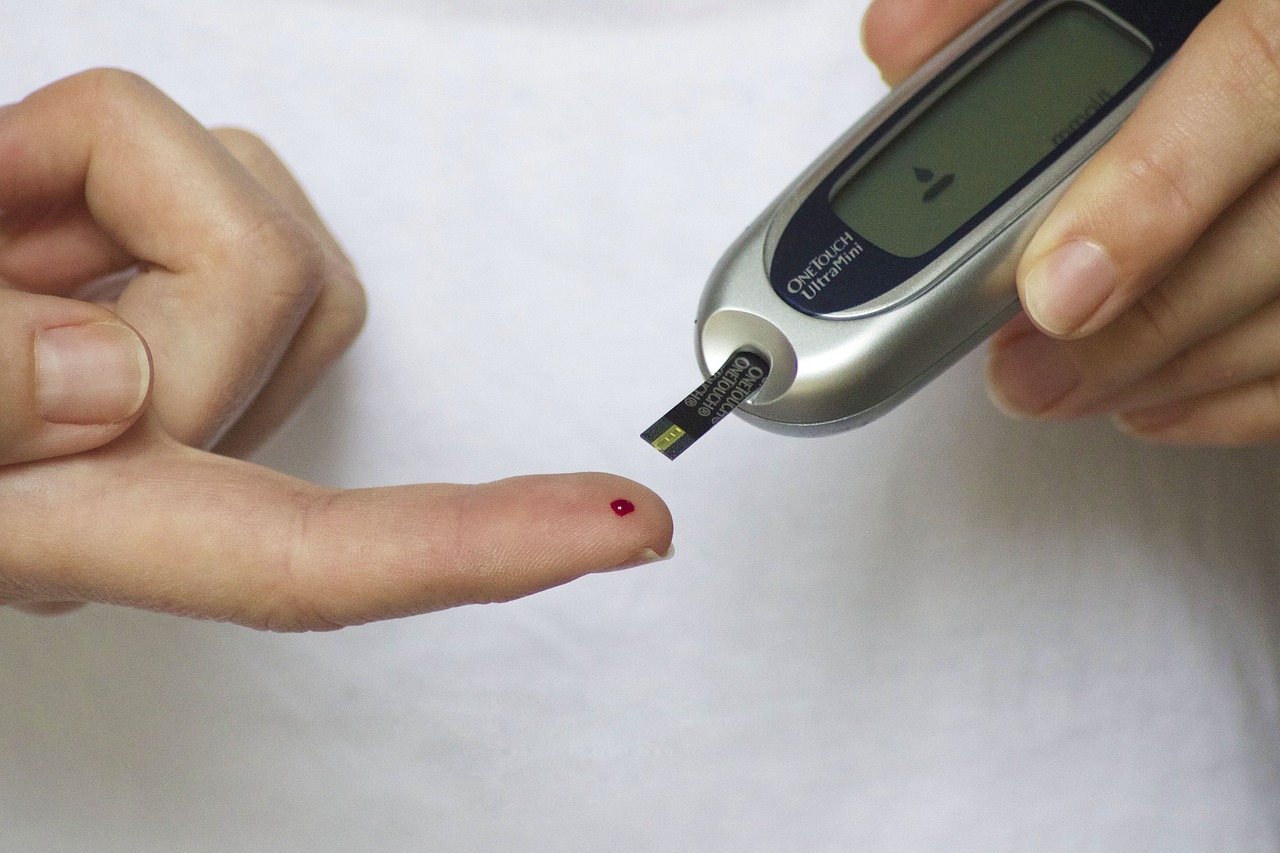According to CCTV, depression is becoming the second biggest “killer” of human beings after cancer, and 350 million people are expected to suffer from the disease globally. In order to deal with the increasing number of people with depression, the National Health Commission recently released “explore depression prevention and treatment of special services program”, requiring that by 2022, the rate of depression consultation on the existing basis to increase by 50%. However, some people believe that depression is not a disease, but a sign of pettiness, pretentiousness and poor stress resistance, and does not require treatment. Is this really the case?
In fact, it is this misconception that leads to many patients not being detected and treated in time. Depression belongs to the affective disorders, is a class of mental illnesses with significant and persistent depressed state of mind as the main clinical features, is a multidimensional disorder including emotional, physical and cognitive symptoms, and needs to be treated with medical means of intervention. Depressed patients mainly show depressed mood, loss of interest or enjoyment, feelings of guilt, or low self-esteem, sleep and appetite disorders, physical fatigue, and difficulty in concentrating, etc. Depending on the severity, it can be categorized as mild, moderate, or severe depression. It is widely found in all kinds of people. People in the workplace with high work pressure and high mental tension, as well as the elderly and women during special physiological periods (postpartum and menopause) are at high risk of depression.
With the popularization of mental health knowledge, the public has become more and more concerned about mental health conditions, but there is still a large portion of the population that has misconceptions and even prejudices about depression. Please be sure to avoid the following misconceptions!
1. Cheerful people do not suffer from depression?
This is the biggest misunderstanding of depression. Being friendly and cheerful is just a personality trait or a habitual behavioral pattern, and it is not essentially related to depression. Just because they are smiling, friendly and cheerful, their true inner feelings and needs are more easily ignored and not easy to be found, so once they come forward to seek help, please give them more understanding and care.
2. Depression is anxiety?
“Depression” and “anxiety” are often mentioned at the same time, but there is a clear difference between the two. Generally speaking, the energy of anxious people is higher than normal people, mainly manifested as nervous and worried, thinking and worrying, and fast heartbeat, high blood pressure, sweaty hands, fidgeting and other symptoms; while the energy of depressed people is lower than normal people, mainly manifested as a depressed state of mind, less ideas, do not want to talk, reduce activities. It is a misunderstanding to regard anxiety as lighter than depression, and to explain depression by worrying too much about anxiety. In addition, there are a very small number of severely depressed people who are unable to speak properly or whose speech is logically confused due to their condition, in which case they should not be labeled as “mentally ill”. This type of depression can be treated and return to normal after a few weeks or months.
3. Are antidepressants addictive and must be taken for life?
Antidepressants can be simply categorized into traditional tricyclic drugs, monoamine oxidase inhibitors and newer antidepressants such as 5-HT reuptake inhibitors like paroxetine. Common side effects of antidepressants include gastrointestinal reactions, fidgeting, etc. There are no addictive side effects.
In addition, only major depressive episodes and recurrent depressive episodes require long-term maintenance medication, and more depressed patients are recommended to be treated scientifically under the guidance of a doctor. Antidepressant treatment can be divided into acute phase treatment, consolidation phase treatment and maintenance phase treatment. Acute treatment takes 8~12 weeks, consolidation treatment takes 4~9 months, and maintenance treatment lasts 2~3 years depending on the patient’s condition.
4. Can eating sweets control depression?
Although eating sugar can sometimes briefly elevate mood, it can have a negative impact on mental health in the long run. Studies have found that eating too much sugar causes the body to be more prone to inflammation, and some hormones associated with inflammation can cause the brain to enter a state of depression. The effect of eating too much sugar on the body’s microbes is also a trigger for depression, as some microbes “thrive” in a sugary environment, producing certain chemicals that make people more prone to depression. In addition, people who eat too much sugar also produce more advanced glycosylation end products (AGEs), which have a stronger oxidative stress response, and are more likely to develop insulin resistance and dopamine dysregulation, all of which are associated with inflammation. People with depression are advised to eat less sugar and more foods rich in omega-3 fatty acids, which are better for mental health.
Depression Prevention Tips.
To prevent depression, you also need your own psychological regulation from the root. These self-regulation methods may be able to help ↓
Sleep method: Sufficient sleep can relieve fatigue and reduce the impact of bad moods on the body.
Exercise: Exercise is one of the most effective ways to relieve bad moods, can help the body to secrete happy dopamine.
Diet: Carbohydrates are a calming food that encourages the brain to secrete a neurotransmitter that helps a person calm down and relax.
Suggestion: Studies have found that among people experiencing depression, those who are able to proactively identify the positive aspects are able to get out of the mood faster.
Color method: For anger, stay away from red; for depression, stay away from black and dark blue; for anxiety or nervousness, choose light blue.
Music: Listening to 10 minutes of music can bring relief from bad moods. Sometimes learning unfamiliar music is more effective.
Breathing: When you are under stress, slow down your breathing while trying to roll your tongue back. It can ease the emotions within seconds.
Light method: putting yourself in a light environment can effectively combat the effects of bad moods.




